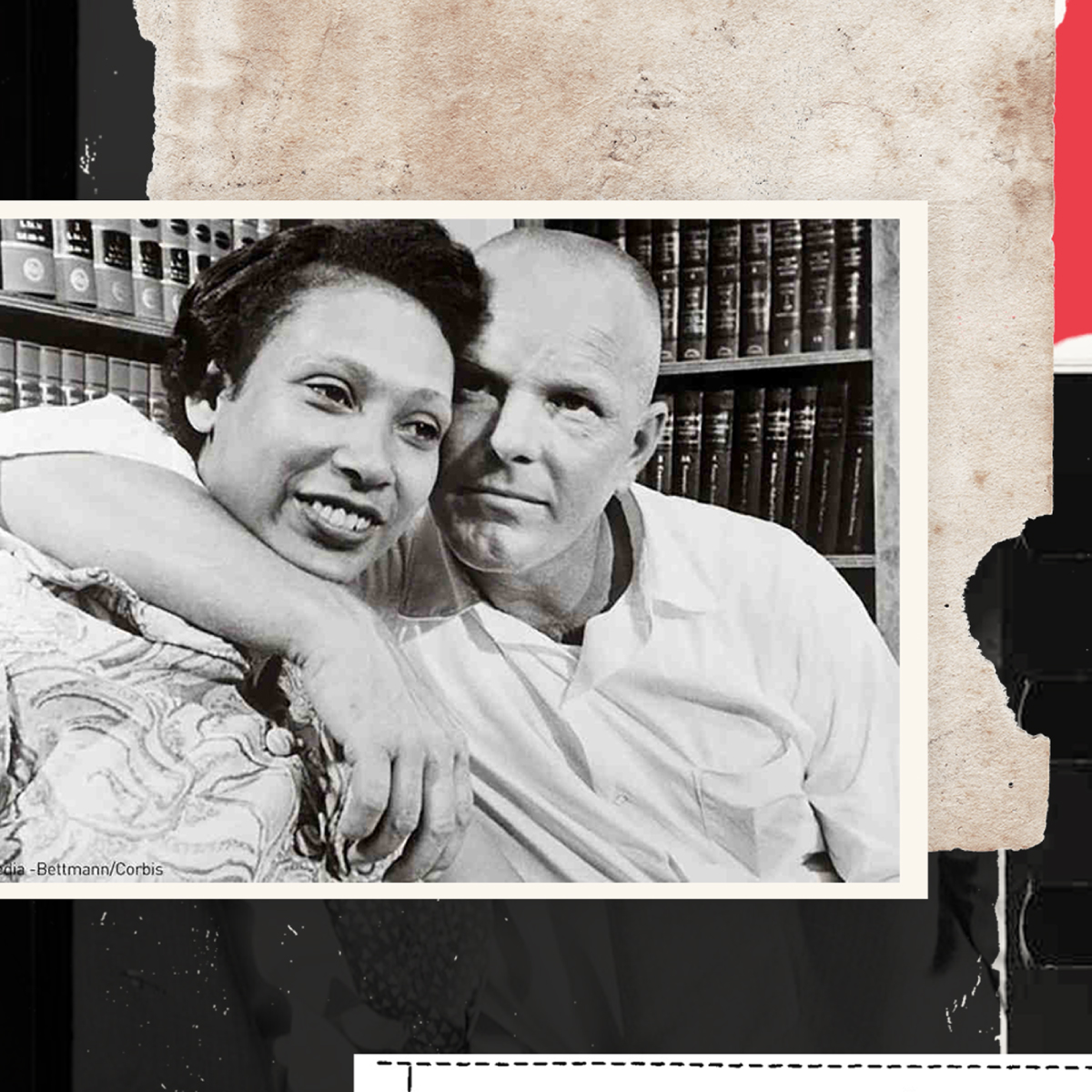
Black wall streets signified Black ingenuity and excellence in the face of blatant, intentional racism.
Let's revisit the story of one of them: The Greenwood neighborhood of Tulsa, Oklahoma. #BlackHistoryMonth
Let's revisit the story of one of them: The Greenwood neighborhood of Tulsa, Oklahoma. #BlackHistoryMonth

In the 1920s, Greenwood was one of the richest neighborhoods in America. Not the richest Black neighborhood — the richest.
But wealth did not mean equality. White residents were disturbed by the growing Black prosperity, and their resentment grew.
But wealth did not mean equality. White residents were disturbed by the growing Black prosperity, and their resentment grew.
Ultimately, in 1921, a white lynch mob sparked the Tulsa Massacre that burned the neighborhood down.
This massacre destroyed more than 35 blocks, 1,200 homes, and led to the death of at least 300 Black residents.

This massacre destroyed more than 35 blocks, 1,200 homes, and led to the death of at least 300 Black residents.


We are only a few generations removed from the racial terror of the Tulsa Massacre — and it's never too late to repair the damages that it caused.
That's why activists and leaders from Tulsa are fighting to pass reparations legislation for families impacted by this massacre.
That's why activists and leaders from Tulsa are fighting to pass reparations legislation for families impacted by this massacre.
Congress can and must follow the lead of such localities by passing HR 40, legislation that would examine the impact of slavery and make recommendations for reparations at the federal level.
We must take action to reconcile with our nation's past and build toward a more just future.
Tell your representatives to pass HR 40. NOW. action.aclu.org/send-message/r…
Tell your representatives to pass HR 40. NOW. action.aclu.org/send-message/r…
• • •
Missing some Tweet in this thread? You can try to
force a refresh





